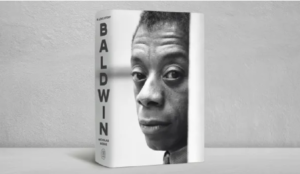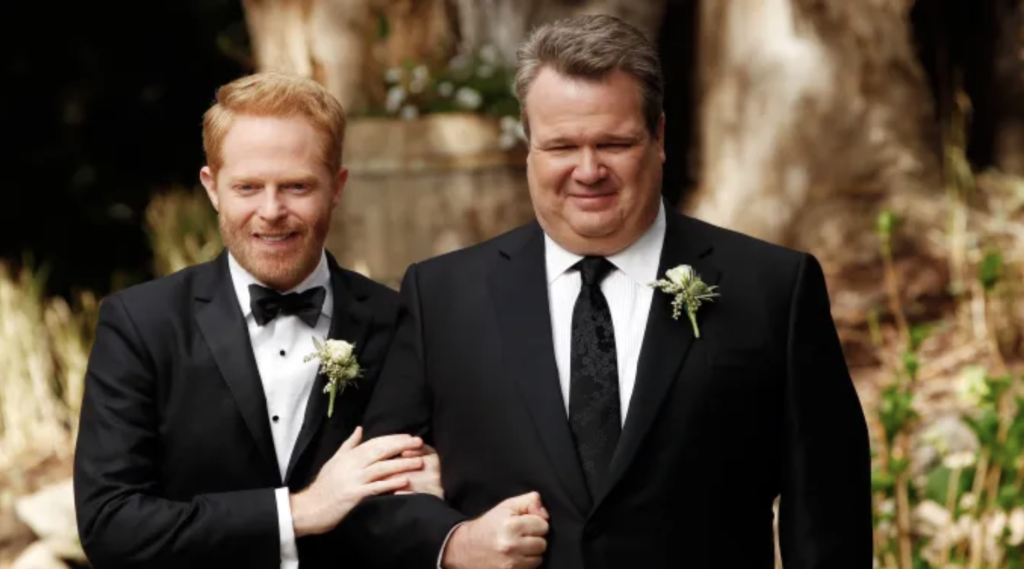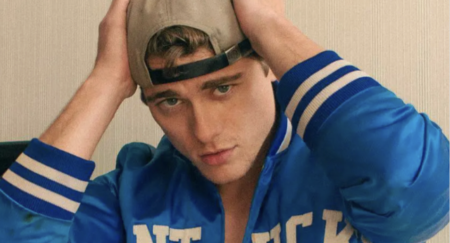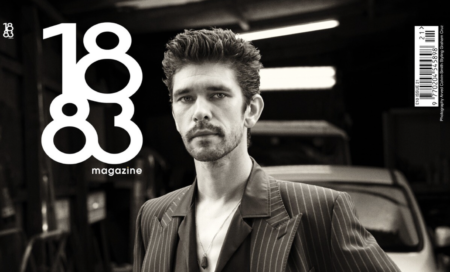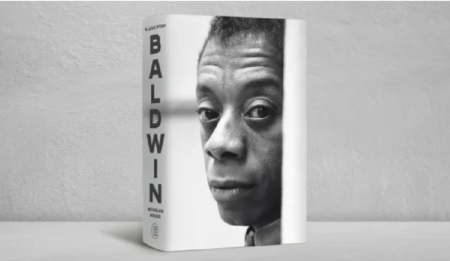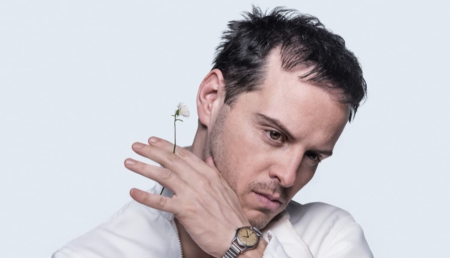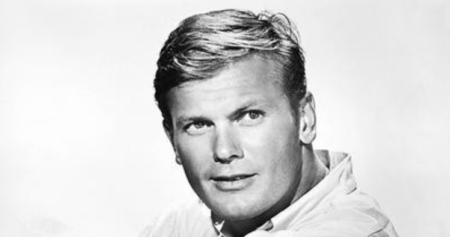Jesse Tyler Ferguson [pictured with on-screen husband played by Eric Stonestreet] has opened up about the intense scrutiny he faced from the gay community for his portrayal of Mitchell Pritchett on the iconic television show Modern Family. Ferguson played Mitchell for 11 seasons starting in 2009, alongside Eric Stonestreet’s Cameron Tucker—in one of the few stable, loving gay couples represented on mainstream American network television at the time. While widely celebrated for bringing LGBTQ+ representation into countless homes, Ferguson acknowledges that much of the loudest criticism came precisely from within the community his character represented.
On the Dinner’s On Me podcast, Ferguson reflected on the pressures of ‘portraying a gay man on a television show, on a network that is as popular as it is.’ He explained that feedback often came in the form of dissatisfaction that Mitchell did not embody the full diversity or expectations of gay relationships. ‘You receive criticism, as you do, with anything you do, but the criticism that I think I heard the loudest was always from the gay community, feeling as if, maybe, I didn’t represent their idea of what a gay relationship was, or a gay man was.’ He stressed the personal nature of his role, pointing out that Mitchell is ‘basically a version of me,’ and highlighted the impracticality of representing every facet of gay life through a single character.
The show was not blind to this critique, especially criticism regarding the lack of on-screen physical intimacy between Mitchell and Cameron. A year after Modern Family premiered, viewers initiated a Facebook campaign demanding more intimate portrayal, specifically calling for the couple to kiss on screen. The writers responded in an episode titled The Kiss, which framed the characters’ reserved affection as stemming from an emotionally distant upbringing. Nonetheless, some critics and viewers found the portrayal limited. Commentators have pointed out that the characters sometimes leaned into stereotypes, such as Cameron’s flamboyant mannerisms, which some felt undercut the effort to create nuanced queer representation. One reviewer noted that while the show broke ground by including a gay couple in a family sitcom, it could have done more to transcend stereotypical depictions and depict a fuller spectrum of gay relationships.
Despite these challenges, Ferguson’s role had a broader social impact. A 2012 Hollywood Reporter poll revealed that 27% of respondents felt that shows like Modern Family and Glee influenced them to be more supportive of gay marriage, indicating the cultural significance of bringing LGBTQ+ stories into mainstream media. Ferguson himself has reflected on the protective power of his character, describing the role as a ‘coat of armor’ that shielded him from some forms of homophobic abuse and opened up more positive public interactions.
The actor has also faced criticism from other quarters, such as fellow actor Tuc Watkins, who controversially described Mitchell as the ‘gay equivalent of blackface’, reflecting ongoing debates about representation and authenticity in media portrayals of LGBTQ+ people. Ferguson responded by emphasising the importance of visibility in mainstream media while acknowledging the complexities involved in representing an entire community.
Ultimately, Ferguson embraces the nuanced reality of acting as one person with one story within a large and diverse community. ‘We can’t be expected to represent every gay person. We can only represent these two people,’ he said of Mitchell and Cameron—a reminder that while Modern Family may never have captured every LGBTQ+ experience, it helped pave the way for more inclusive stories to follow.
Source: Noah Wire Services





